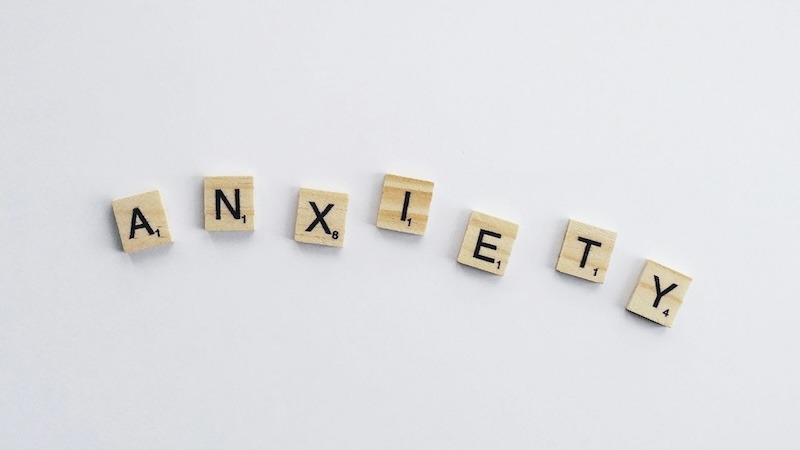In today’s fast-paced and demanding world, it’s easy to overlook the importance of mental health. However, mental well-being is just as crucial as physical health, and it’s time we start giving it the attention it deserves. At Destination Hope, our drug and alcohol addiction treatment center in Fort Lauderdale, Florida, we understand the significance of addressing mental health issues and their impact on an individual’s overall well-being.
The Importance of Mental Health
Mental health encompasses our emotional, psychological, and social well-being. It affects how we think, feel, and act, as well as how we handle stress, relate to others, and make choices. Maintaining good mental health is essential for leading a fulfilling and productive life.
Unfortunately, mental health problems are more common than many people realize. According to the National Alliance on Mental Illness (NAMI), one in five U.S. adults experiences mental illness each year, and one in twenty adults lives with a serious mental illness. These statistics highlight the need for increased awareness, understanding, and support for those struggling with mental health issues.
The Stigma Surrounding Mental Health
Despite the prevalence of mental health problems, there is still a significant stigma surrounding mental illness. Many people feel ashamed or embarrassed to admit they are struggling, fearing judgment or discrimination from others. This stigma can prevent individuals from seeking the help they need, leading to a worsening of symptoms and a reduced quality of life.
It’s essential to break down the barriers and misconceptions surrounding mental health. By educating ourselves and others, we can create a more supportive and understanding society that encourages individuals to prioritize their mental well-being and seek help when needed.
Common Mental Health Issues
There are various mental health disorders that can affect individuals of all ages, backgrounds, and walks of life. Some of the most common mental health issues include:
- Depression: Depression is a mood disorder characterized by persistent feelings of sadness, hopelessness, and loss of interest in activities. It can lead to a range of emotional and physical problems, affecting an individual’s ability to function at work, school, or in relationships. Symptoms may include changes in sleep patterns, appetite, energy levels, and concentration.
- Anxiety Disorders: Anxiety disorders are characterized by excessive fear, worry, and unease. They can manifest in various forms, such as generalized anxiety disorder, panic disorder, social anxiety disorder, and specific phobias. Symptoms may include restlessness, irritability, muscle tension, and difficulty controlling feelings of worry.
- Substance Use Disorders: Substance use disorders involve the misuse of alcohol, prescription medications, or illegal drugs. These disorders often co-occur with other mental health issues, such as depression and anxiety. Individuals with substance use disorders may experience cravings, withdrawal symptoms, and difficulty functioning in daily life.
- Bipolar Disorder: Bipolar disorder is a mental health condition that causes extreme mood swings, including emotional highs (mania or hypomania) and lows (depression). During manic episodes, individuals may experience increased energy, impulsivity, and reckless behavior. Depressive episodes are characterized by feelings of sadness, hopelessness, and low energy.
- Post-Traumatic Stress Disorder (PTSD): PTSD is a mental health condition triggered by experiencing or witnessing a traumatic event. Symptoms may include flashbacks, nightmares, severe anxiety, and uncontrollable thoughts about the event. Individuals with PTSD may also experience emotional numbness, irritability, and difficulty maintaining close relationships.

Coping Strategies and Self-Care
While seeking professional help is crucial for managing mental health issues, there are also various coping strategies and self-care practices that can support mental well-being. These include:
- Regular exercise and physical activity
- Maintaining a balanced and nutritious diet
- Getting enough quality sleep
- Practicing relaxation techniques, such as deep breathing, meditation, or yoga
- Engaging in hobbies and activities that bring joy and fulfillment
- Connecting with others and building a strong support system
- Setting realistic goals and prioritizing tasks
- Challenging negative thoughts and practicing positive self-talk
- Seeking therapy or counseling when needed
It’s important to remember that everyone’s mental health journey is unique, and what works for one person may not work for another. Be patient with yourself, and don’t hesitate to reach out for support when needed.
How Destination Hope Can Help
At Destination Hope, we recognize the importance of addressing mental health issues in conjunction with substance use disorders. Our experienced team of mental health professionals provides comprehensive, evidence-based treatment tailored to each individual’s unique needs.
Our mental health treatment programs include:
- Individual and group therapy sessions
- Cognitive-behavioral therapy (CBT)
- Dialectical behavior therapy (DBT)
- Trauma-focused therapy
- Family therapy
- Medication management
We believe in a holistic approach to treatment, addressing the physical, emotional, and spiritual aspects of an individual’s well-being. Our goal is to help individuals develop the tools and strategies necessary to manage their mental health, build resilience, and lead fulfilling lives in recovery.

Conact Us Today
At Destination Hope, we foster a supportive and inclusive environment where individuals can feel safe, heard, and understood. We understand that seeking help can be a challenging and vulnerable process, and we are committed to providing compassionate care every step of the way.
If you or a loved one is struggling with mental health issues, know that you are not alone, and help is available. Contact Destination Hope today at 954-302-4269 to learn more about our mental health treatment programs and take the first step towards a brighter future. Remember, your mental health matters, and you deserve the support and care needed to thrive.

